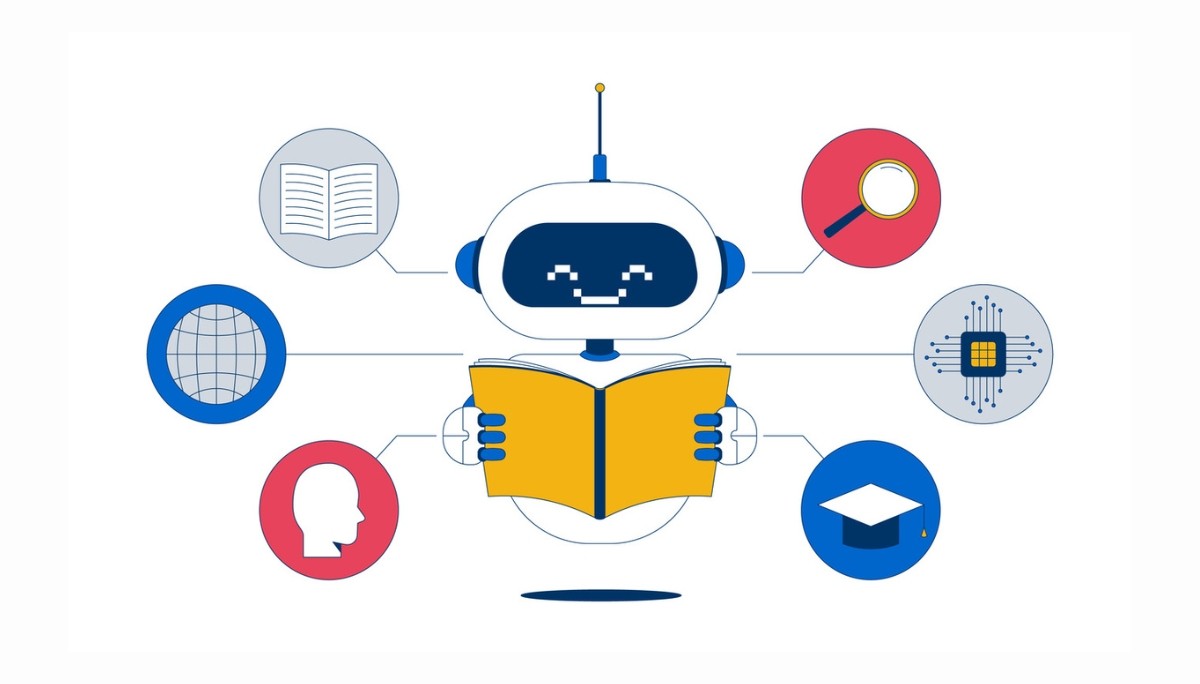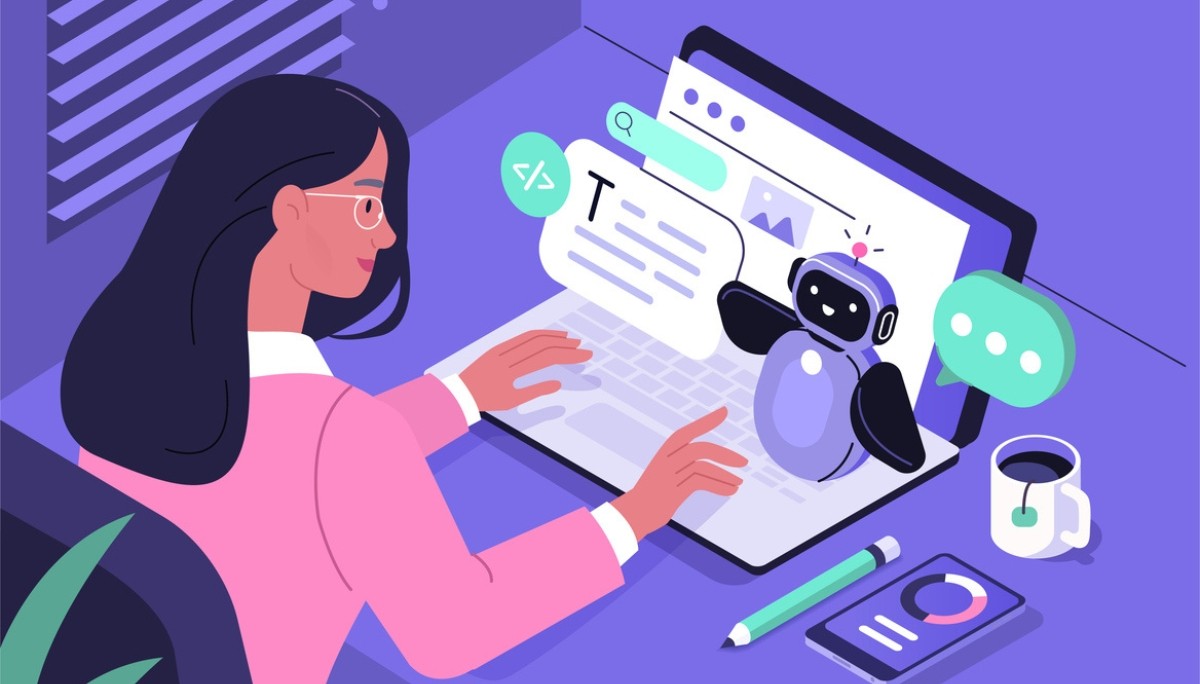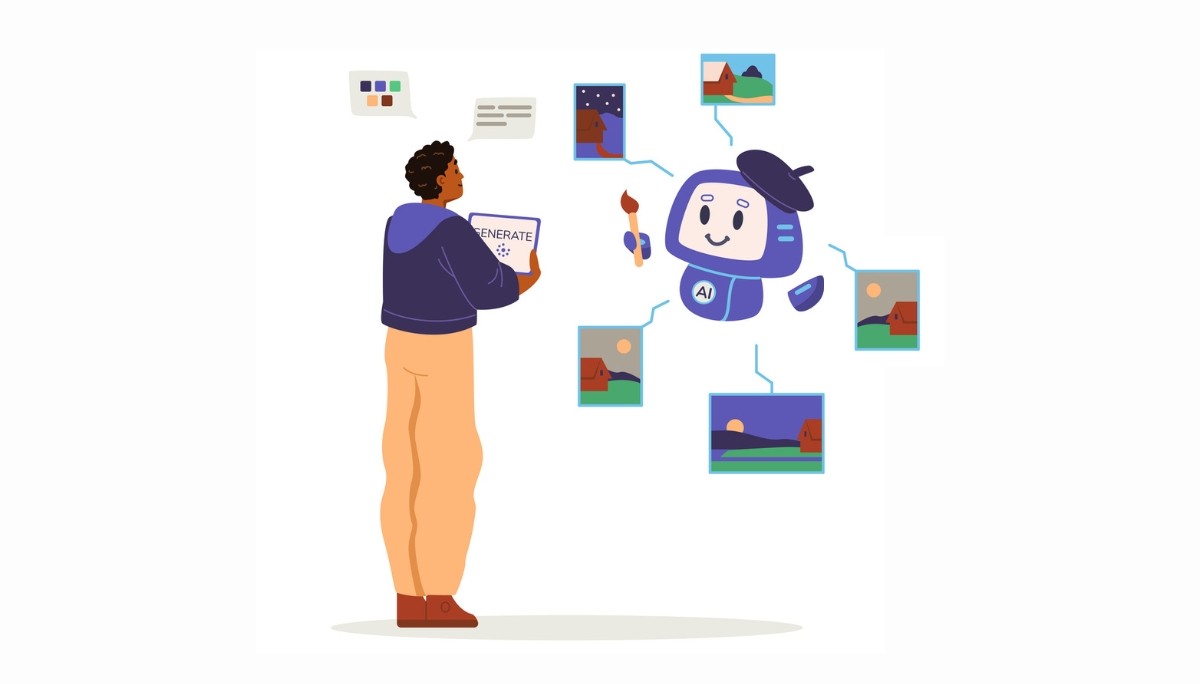Curious about the future of artificial intelligence? From its impacts on healthcare and finance to education, business, and even our everyday routines, AI is poised to reshape nearly every aspect of modern life. Over the next decade, we can expect advancements that go far beyond simple automation as AI becomes a critical force in decision-making, creativity, and innovation. In this article, we’ll explore the most significant upcoming developments, the opportunities they present, and the challenges they bring. Whether you’re a tech enthusiast, business leader, or simply interested in what’s next, this article will give you a clear look at the ways AI will affect the world.
Key Takeaways
AI is transforming multiple industries, boosting productivity and driving innovations in healthcare, finance, education, and more.
AI is expected to fuel significant economic growth and generate millions of new jobs, while also requiring widespread retraining of the workforce.
Platforms like Fonzi are reshaping the AI hiring landscape by efficiently connecting top-tier talent with organizations, ensuring a seamless match between skills and demand.
The Rapid Growth of AI

The deep learning boom of the 2010s sparked a major surge in AI development, bringing the technology into mainstream applications and industries. Key aspects of AI evolution and adoption include:
AI systems have advanced to perform cognitive functions such as thinking, learning, problem-solving, and decision-making, closely mimicking human intelligence.
Modern AI tools are now widespread, with over 80% of businesses testing AI in their marketing strategies to increase productivity and address real-world challenges.
The integration of AI across sectors like healthcare, transportation, and finance shows its transformative impact.
Examples of AI applications include:
Healthcare: Improving diagnostics and patient care.
Transportation: The rise of self-driving cars and autonomous vehicles.
Finance: Enhanced fraud detection and smarter financial planning.
Education: Personalized learning experiences through AI-driven platforms.
This broad adoption highlights AI’s ability to reshape many aspects of our lives. As AI continues to advance, emerging technologies such as generative AI, deep learning, and generative models are pushing the limits of what’s possible. These innovations are not only making existing processes more efficient but also creating entirely new opportunities.
Historical Milestones in AI Development
The journey of artificial intelligence is marked by groundbreaking milestones that have shaped its evolution. One of the earliest was the creation of the first artificial neural network, SNARC, in 1951, which simulated a network of neurons using vacuum tubes. This laid the foundation for future innovations in machine learning and deep learning. In 1959, Arthur Samuel coined the term “machine learning,” describing computers’ ability to learn from experience, a pivotal moment in AI history.
Over the decades, AI continued to reach remarkable milestones:
1965: The first expert system, Dendral, was developed to help chemists identify organic molecules.
1966: Eliza, an early chatbot, introduced human-like conversational capabilities.
1980s: The commercialization of Lisp machines sparked a resurgence in AI research.
1997: IBM’s Deep Blue defeated world chess champion Garry Kasparov
The 21st century was filled with more advancements:
2006: The ImageNet project advanced deep learning using large-scale visual data.
2014: The introduction of generative adversarial networks (GANs) revolutionized image creation and manipulation.
2016: DeepMind’s AlphaGo beat Go champion Lee Sedol, showcasing AI’s ability to master complex, intuitive games.
These milestones illustrate the relentless progress of AI, setting the stage for the next era where large language models, generative AI, and advanced reasoning systems will become even more integrated into our everyday lives.
The Future of AI: What to Expect in the Next Decade

Looking ahead, the future of AI is poised to be even more transformative. Key projections include:
$15.7 trillion projected contribution to the global economy by 2030, highlighting AI’s potential to drive significant economic growth.
The AI market is expected to grow from $150.2 billion in 2023 to $1,345.2 billion by 2030, representing a CAGR of 42.2%.
This rapid expansion underscores the growing reliance on AI across sectors and its ability to create new opportunities and efficiencies.
Future AI systems will deliver:
Deeper integration into daily life, offering real-time data analysis, contextual awareness, and personalized insights for customized recommendations.
Greater efficiency and safety in workplaces, transforming work environments, and boosting productivity.
Quantum AI, combining quantum computing with AI to achieve performance gains of 50–100 times current methods, accelerating AI innovation.
Industry-Specific AI Innovations

AI innovation is not confined to a single sector; it spans multiple industries, driving efficiency and improving operations. Key highlights include:
Over 50% of organizations across sectors are adopting AI to enhance operational performance.
AI is integrated into supply chain management to improve demand forecasting and inventory optimization.
AI’s transformative impact is evident as it automates tasks and accelerates productivity, making it an essential asset for businesses.
Looking ahead, multimodal AI, which can process various types of data simultaneously, will play a key role in upcoming AI developments.
AI in Healthcare
In the healthcare industry, AI systems are transforming how medical professionals diagnose and treat patients. By 2028, AI is expected to automate 75% of diagnostic processes, significantly improving the speed of disease detection. Automated diagnostic tools help doctors quickly identify illnesses, enabling faster and more precise treatment decisions. This not only improves patient care but also reduces the workload for healthcare professionals.
AI’s ability to analyze health data for personalized treatment plans is another major advancement. By utilizing AI tools, healthcare providers can create tailored treatment strategies based on individual patient data, leading to better health outcomes.
The integration of AI in healthcare is delivering advanced technologies that enhance diagnostics and patient care, making the future of AI in this field highly promising.
AI in Finance
One of the primary applications of AI in the finance industry is fraud detection. AI tools analyze transaction patterns in real time to identify suspicious activities, greatly reducing the risk of financial fraud. This not only strengthens security but also builds trust in financial institutions.
AI is also enhancing efficiency and accuracy across various financial operations. From financial planning to data analysis, AI-driven tools enable more informed decision-making while reducing operational costs. The integration of advanced AI models further boosts these capabilities, demonstrating AI’s potential to reshape the industry.
AI in Education
AI is improving students’ learning by creating personalized learning experiences tailored to individual students’ needs. AI-driven educational platforms adjust learning materials based on students’ abilities and preferences, providing a customized approach that enhances overall learning outcomes. This personalization allows students to learn at their own pace and receive targeted support where needed.
Additionally, AI integration significantly supports struggling students by identifying areas requiring extra help and offering tailored resources to address those needs. Using advanced machine learning and natural language processing techniques, these platforms even adapt to individual learning styles.
Ethical and Societal Implications of AI

As AI continues to advance, the ethical and societal implications of its use become increasingly important. One major concern is how AI can blur the lines between primary and secondary uses of personal information, making it harder to comply with privacy principles. The complexity of AI systems often reduces transparency, leaving users unsure about how their data is being used. This lack of clarity can breed mistrust and slow down AI adoption, especially given the risks of data breaches.
Another critical issue is bias in AI training data. Such biases can reinforce existing social inequalities and produce unfair or discriminatory outcomes. This highlights the urgent need for responsible AI development, guided by ethical standards that promote fairness and accountability.
Building trustworthy AI that upholds ethical standards and reliability is essential for gaining public trust. As AI technologies evolve, governance frameworks must also adapt to address these challenges and ensure AI is used responsibly.
Job Market Transformation Due to AI
The rapid advancement of AI is reshaping the job market by creating new opportunities while also causing job displacement. By 2030, AI is expected to generate around 170 million new jobs but also displace 92 million. This shift demands new roles and skills, especially in sectors like customer service, banking, and transportation, which are among the most vulnerable to automation.
Retraining and upskilling workers will be essential to lessen the impact of job loss. As automation changes the nature of work, skills in STEM fields, computer science, programming, and critical thinking will become increasingly important, particularly for overseeing human tasks and managing repetitive processes.
Jobs that involve human interaction, such as teaching and nursing, are less likely to be replaced by AI. By focusing on embracing new technologies, the workforce will be better prepared to adapt to the changes brought by AI-driven automation.
AI's Role in Enhancing Human Life

AI technologies have become essential in daily life, significantly shaping how we work, communicate, and manage our homes. Examples of AI applications include smart home systems that automate tasks like heating, lighting, and appliance control, boosting energy efficiency and comfort. AI virtual assistants help users manage schedules and tasks while integrating smoothly with other smart devices. These assistants also provide entertainment and information, tailoring content to individual preferences, with various AI products improving these experiences.
Home security is another area where AI is making a big impact. AI systems can recognize faces and detect unusual activities, sending real-time alerts to improve safety. Additionally, AI boosts employee productivity by automating routine tasks, allowing workers to focus on more complex responsibilities.
Overall, AI’s integration into daily life is making it more convenient, secure, and efficient.
Fonzi: Revolutionizing AI Hiring
What is Fonzi?
Fonzi is an AI-driven marketplace designed to connect organizations with elite AI engineering talent. Unlike traditional job boards or black-box AI tools, Fonzi offers a curated experience focused on providing access to highly skilled AI professionals to meet growing industry demands. The platform serves as a unique talent marketplace that facilitates seamless collaboration between companies and top-tier AI engineers.
A standout feature of Fonzi is its recurring hiring event, Match Day. During Match Day, companies and candidates are paired based on their skills and needs, ensuring the hiring process is efficient and effective. This structured approach not only saves time but also ensures the right talent is matched with the right opportunities, making Fonzi a game changer in the AI hiring landscape.
How Fonzi Works
Fonzi employs a systematic evaluation process to ensure that only qualified AI engineers are matched with companies. This includes high-signal, structured evaluations with built-in fraud detection and bias auditing, setting it apart from traditional job boards and black-box AI tools. With rigorous standards, Fonzi ensures candidates are not only highly skilled but also reliable and trustworthy.
Fonzi hosts a monthly Match Day, where candidates receive salary-backed offers from companies. This unique event ensures commitment from both parties, leading to faster and more successful placements. With most hires completed within three weeks, Fonzi makes the hiring process fast, consistent, and scalable.
Why Choose Fonzi?
Fonzi enhances the hiring experience by pre-vetting candidates and matching them based on skills and desired roles. This improves hire quality while reducing the time and effort needed to find the right talent. By facilitating quicker communication and tailored interactions, Fonzi ensures engaged and well-matched candidates.
Supporting organizations from early-stage startups to large enterprises, Fonzi caters to a wide range of hiring needs, making it a versatile tool in the AI talent acquisition process. Choosing Fonzi helps companies streamline hiring, cut costs, and secure top-tier talent to advance their AI initiatives.
Summary
Artificial intelligence is undeniably transforming the world as we know it. From its rapid growth and historical milestones to its future potential and industry-specific innovations, AI is reshaping many aspects of our lives. The ethical and societal implications of AI, along with its impact on the job market, highlight the need for responsible development. As AI continues to evolve, it offers numerous opportunities to improve human life, making daily tasks more efficient and our lives more convenient.
Looking ahead, the potential for AI to revolutionize our world is immense, and platforms like Fonzi will play a key role in shaping this future.




